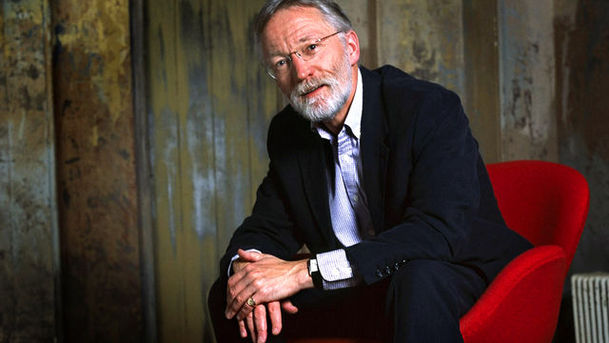Composer of the Week - Nicolay Yakovlevich Myaskovksy (1881-1950) - Episode 3

Donald Macleod traces Myaskovsky's time serving as an army officer in the First World War, during which he composed his fourth and fifth symphonies. Shell shock, and the horrors of war would greatly influence Myaskovsky, who subsequently suffered a breakdown. His music from this point starts to incorporate aspects of political and social change in Soviet Russia, with his Fourth Piano sonata featuring angry clashes and dissonance. During this period of change, Myaskovsky's father is torn to pieces by a revolutionary mob, and his aunt also later dies. Myaskovsky pours his feelings into his Sixth Symphony, combining French revolutionary themes with images of the migration of the soul from the body. Romance (You are leaving for the wars), Op 40 No 8 (1935-6) Mary King (mezzo-soprano) Andrew Ball (piano) BBC Recording Symphony No 5 in D, Op 18 (1918) - 1st mvt Russian Federation Academic Symphony Orchestra Evgeny Svetlanov (conductor) Olympia OCD735 Tr 1 Piano Sonata No 4 in C minor, Op 27 (1924-5) - 1st mvt Murray McLachlan (piano) Regis RRC1245 Tr 1 Symphony No 6 in E flat minor, Op 23 (1921-3) - 4th mvt Gothenburg Symphony Chorus and Orchestra Neeme Jarvi (conductor) DG 4716552 Tr 4.